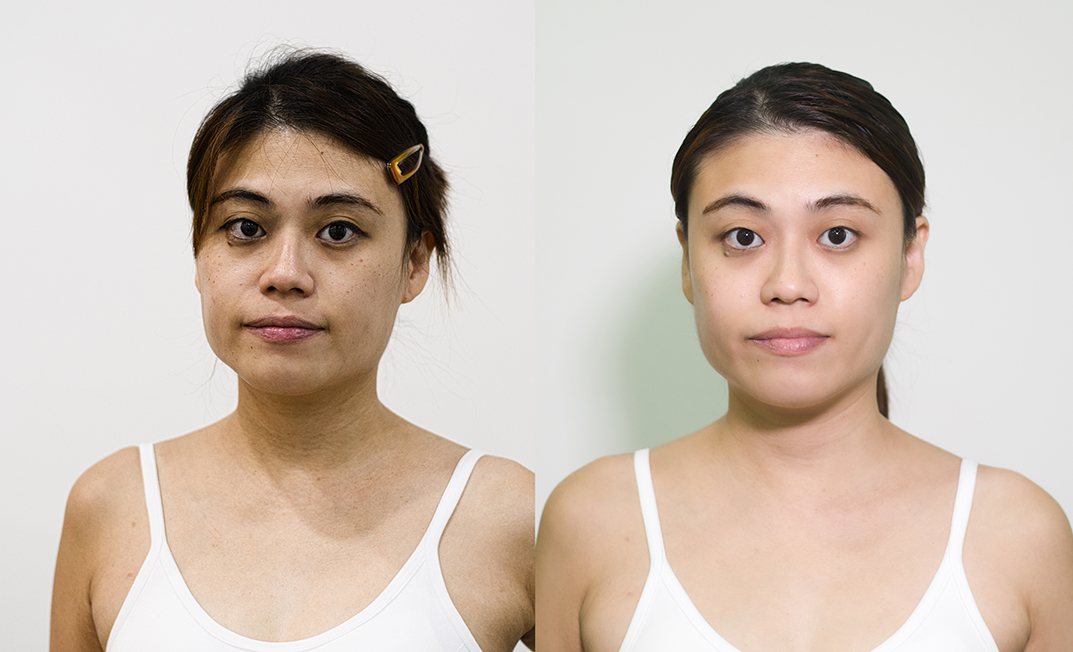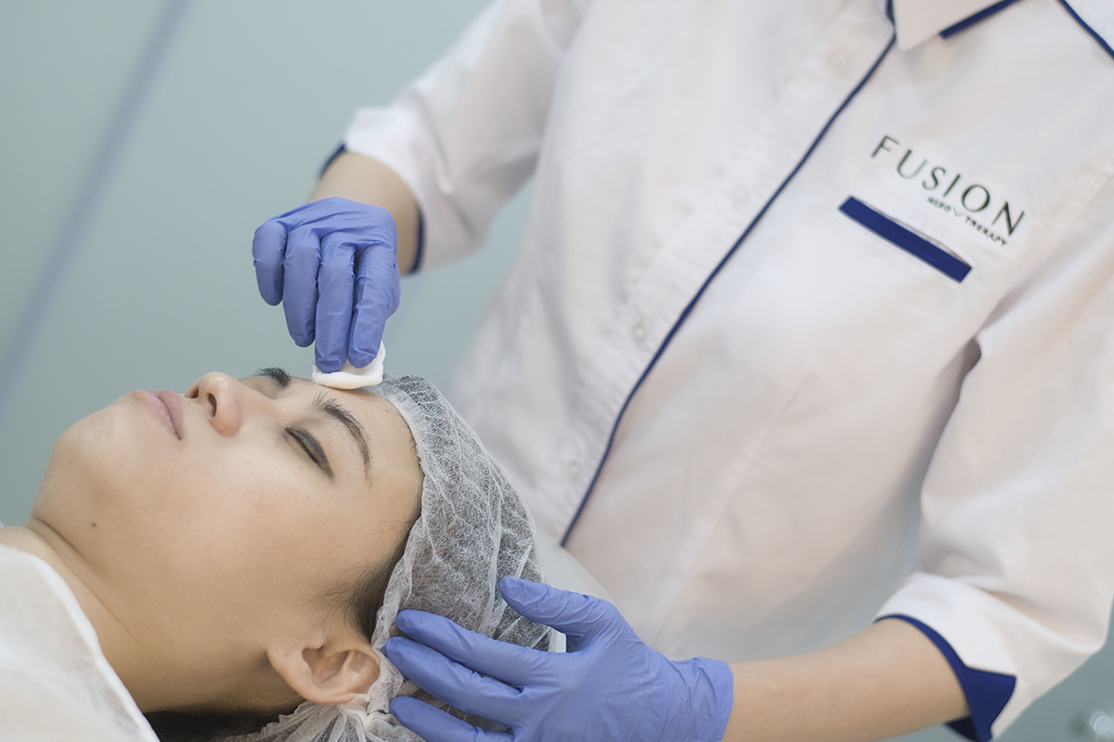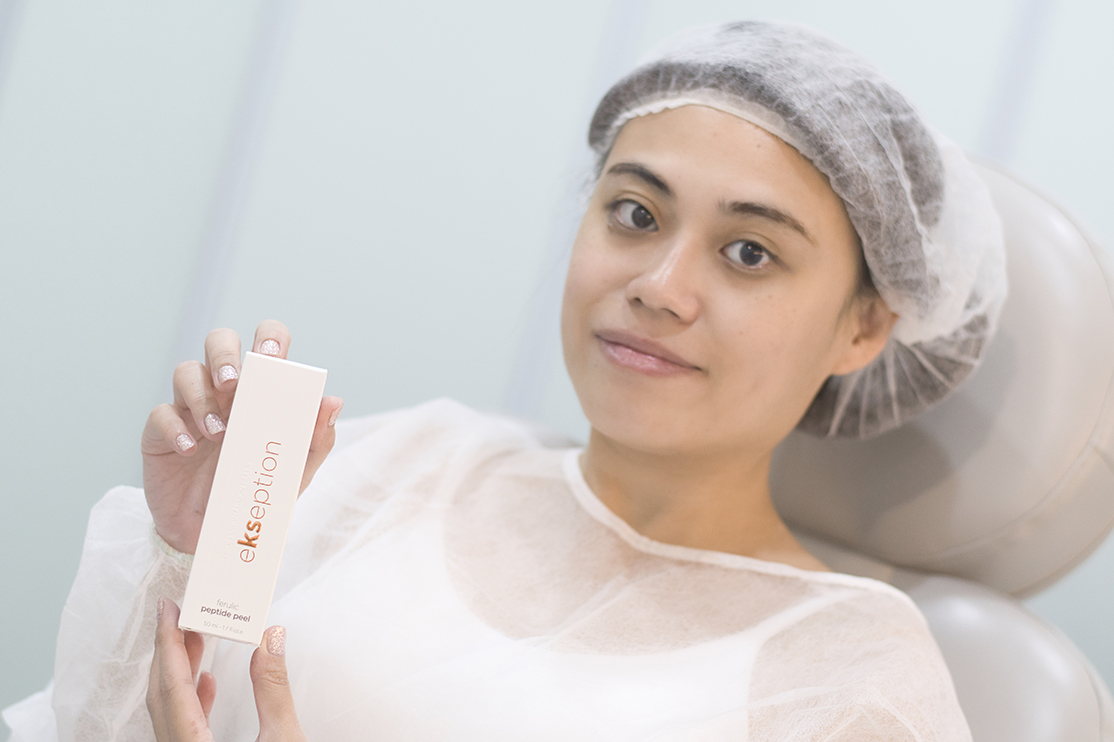5 Frequently asked questions about chemical peel answered
Have questions on chemical peel? Fusion Meso expert aesthetic trainer answers your questions.

1. Will chemical peel thin the skin?
Chemical peel temporary thins the skin. With proper sun protection chemical peel can actually increase epidermal and dermal thickness overtime. There are multiple clinical studies showing that even with superficial peels not reaching the dermis, fibroblasts are activated leading to collagen proliferation and thickening of the dermis!
2. A chemical peel that does not peel, is it effective?
Some conditions such as rosacea and acne are not looking for exfoliation. The properties of the certain acids ( ie. antimicrobial, antioxidant, anti-inflammatory, comedolytic, bacteriostatic ) and the regulation of the epidermal pH gradient is used for correction of problems such as rosacea and acne.
3. Can I perform chemical peel myself at home?
There are various home peel kits that are generally safe for home use. just be sure to follow the guided instructions. Also, it is best to consult a physician before committing to peeling yourself at home.
4. Is dry skin suitable for chemical peel?
Certainly! The success of procedures depends very much on the practitioner techniques, the understanding of the acids used as well. There are certain acids with hygroscopic and hydrating properties. For dry or sensitive skin patients, acids such as Phytic acid, Lactobionic acid Gluconolactone should be considered. Polyhydroxy acids have advantages over other acids for dry and sensitive skin due to its significant hydrating properties and are also non-photosensitizing.
5. Why do I develop PIH (post-inflammatory hyperpigmentation) after chemical peel and is it permanent?
Again the choice of practitioner performing the chemical peel is very important. The wrong selection of acids, inadequate priming, and poor pre and post peel preparation can cause PIH or worsening of PIH.
Chemical peels can cause fairer skin types to be more sensitive to the sun and more prone to photo-aging and skin cancers due to the lesser protective effects of melanin in fair skin individuals, darker skin types are more prone to PIH, keloids and other complications following wounding.
PIH can fade away within months or can be permanent. Always seek a dermatologist if you develop PIH, your dermatologist will be able to determine if it is epidermal PIH, dermal PIH or mixed PIH using a diagnostic tool such as wood’s lamp examination, colorimetry and dermoscopic evaluation to accurately determine the depth of the pigment so to be able to advise if it is permanent.
Do you have any questions on chemical peel? Write to us at info@xmedicimports.com

